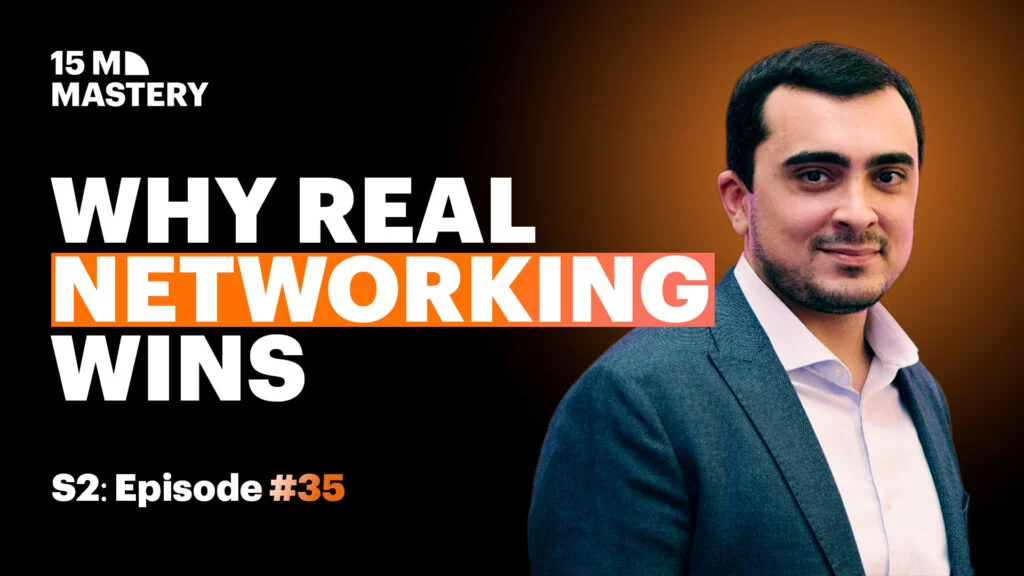Building Successful Affiliate Partnerships in iGaming: Patience, Relevance, and Honesty
Current Challenges Reshaping the Landscape
Operators and affiliates face distinctly different challenges in today’s market. According to Levon Nikagasyan, CEO of AffPapa and iGaming Club, the landscape is undergoing significant transformation.
“Operators are going through more restrictions and stricter regulations. Affiliates, especially SEO affiliates, these days have been facing a big drag and drastic changes by the Google updates,” Nikagasyan explains.
These disruptions have created opportunities for newcomers while challenging established players. “We see many affiliates, new ones, especially the newbies that are popping up in the industry due to these changes. This is like a corridor for the smaller brands to enter and try themselves to get ranked for a very prominent keyword.”
Evaluating Partnership Compatibility
When evaluating potential partnerships, Nikagasyan stresses that successful collaborations depend on several fundamental elements aligning:
“It boils down to the point where the basic requirements should be covered,” he explains. These essential components include:
- Relevance between the affiliate and operator
- Strong conversion rates for the affiliate’s specific traffic
- Proper localisation for targeted geographic regions
- Appropriate promotional materials and bonus offerings
- Content that meets affiliate requirements
Without this alignment, partnerships inevitably struggle. If any component is missing, both sides experience diminished results, affiliates lose players during the conversion process, and operators stop receiving quality traffic.
“The most important thing is to start cooperation and do the homework before that, checking if the audiences match, if there is this organic chemistry. If it’s absent, then it doesn’t make sense to put a lot of effort into that partnership.”
Building Long-Term Trust
While many in the industry chase immediate results, Nikagasyan believes sustainable partnerships require patience and strategic thinking.
“For a long-term partnership, the main component is patience,” he states. “We see tons of impatience when they start working, especially new operators entering the market wanting to get listed on all websites immediately.”
This rush often leads to inadequate preparation. Operators fail to properly localize for specific regions, don’t know their target audience, or lack the infrastructure to monetise traffic effectively.
“If you have patience and you start with affiliates that are relevant to you, they will see the conversions, they will see the relevance, they will start bringing you to better positions,” Nikagasyan advises. “But if you are impatient, it’s a direct road to failure because you will over-promise and under-deliver.”
The Foundation of Successful Partnerships
What truly separates thriving affiliate relationships from struggling ones? According to Nikagasyan, it comes down to honesty and transparency.
“I’m not even talking about shaving and all that kind of stuff, which is really embarrassing that we still have this in the industry. But the honesty and patience are the keys here,” he emphasises.
Without a clear understanding of what each party can deliver and what they expect in return, partnerships lack direction. When problems arise, such as high registration numbers but zero deposits, they serve as red flags requiring immediate attention and honest assessment.
“You should really bring something unique. If you want to do proper business, you need to create value which is not there in the industry for your brand to pop up on affiliate websites and for people to be willing to work with you.”
Looking Ahead: Emerging Challenges
The affiliate marketing landscape continues to evolve rapidly, with several major challenges on the horizon. Google updates have significantly impacted SEO-focused affiliates, while AI content presents both threats and opportunities.
“There are some affiliates who can successfully work with AI content and generate much more to publish, maneuvering in a way that Google wouldn’t even notice it’s AI content,” Nikagasyan notes.
For operators, increasing regulation presents the greatest challenge, forcing more strategic market entry decisions and licensing considerations.
“Regulations are not bad overall. It’s just that if before it was easier to navigate and operate in millions of markets, now you have to really think beforehand where you enter, which license you should take, maybe you go local.”


